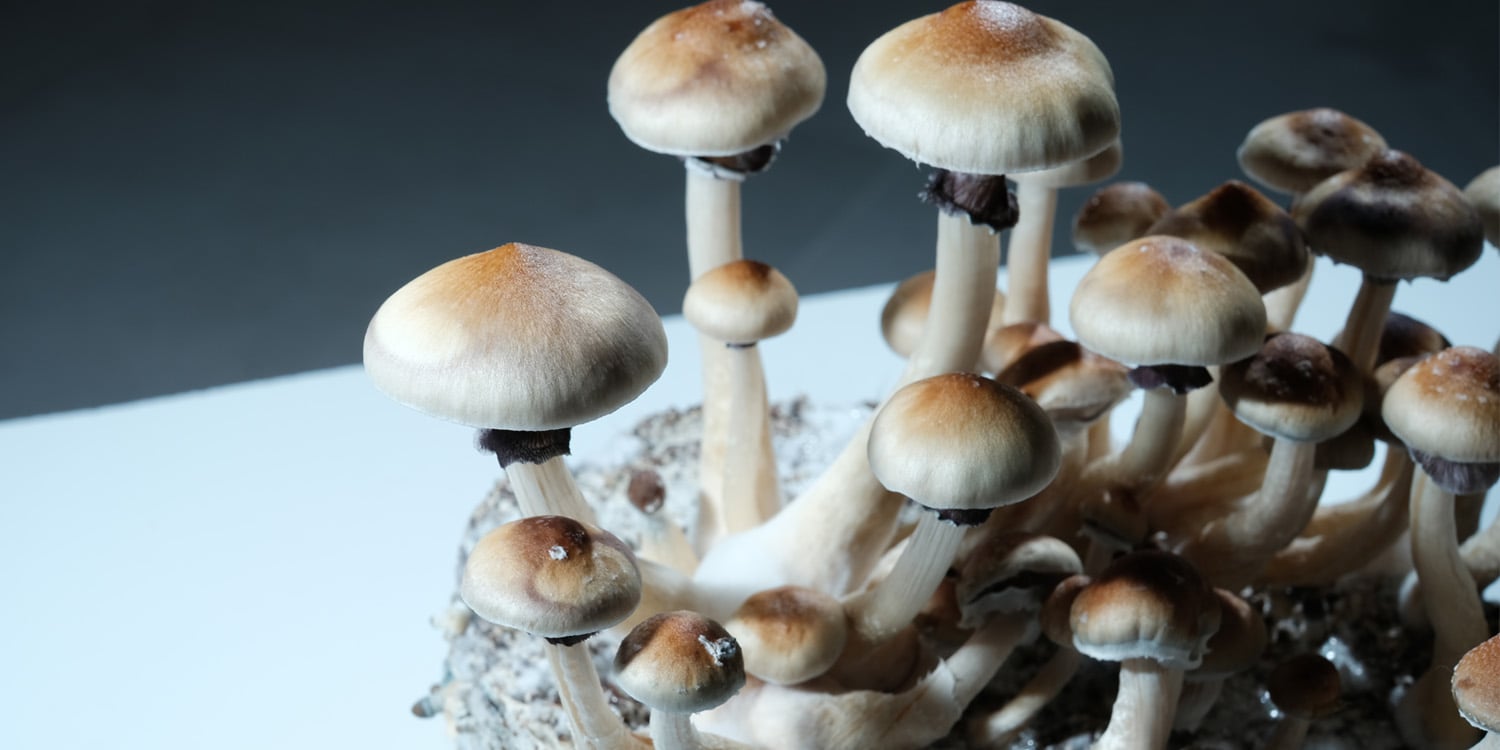A recent study published in Journal of Psychoactive Drugs found that while psychedelic experiences increased mind perception across various entities, they did not significantly change individuals’ Atheist-Believer status.
The relationship between psychedelics and belief systems has long fascinated researchers, particularly the possibility that psychedelics like psilocybin might alter spiritual or religious beliefs. Previous cross-sectional studies suggested that psychedelic experiences could lead to shifts in metaphysical beliefs or religious identifications, with some participants reporting increased spirituality and reduced atheism after using these substances. However, these earlier studies had various biases, such as relying on retrospective accounts and self-selection among participants already interested in belief changes.
Sandeep M. Nayak and colleagues addressed these limitations by conducting a prospective longitudinal study to assess how psilocybin, a well-known psychedelic, impacts belief systems and mind perception.
The researchers conducted a prospective longitudinal study, recruiting 657 participants who had planned to undergo a psilocybin experience outside of controlled laboratory settings. The recruitment materials did not mention belief changes to avoid priming participants about potential outcomes related to their spiritual or religious views.
Participants were asked to complete surveys at multiple time points: during informed consent (baseline), two weeks before their scheduled psilocybin experience, 2-4 weeks after the experience, and again 2-3 months later. These surveys collected a wide range of data, including demographic information and specifics related to their psilocybin use, such as dosage, setting, and ingestion method, and assessments of mind perception (e.g., attribution of consciousness to various living and non-living entities), metaphysical beliefs (e.g., materialism, dualism), and Atheist-Believer status (non-believer, agnostic, or believer).
The mind perception scale measured participants’ views on the conscious experience of various entities, ranging from non-human animals and plants to inanimate objects like rocks. The metaphysical beliefs scale included items that assessed participants’ views on the nature of reality, such as whether they believed in dualism (the separation of mind and body) or materialism (the belief that all phenomena have a material explanation). The Atheist-Believer scale captured participants’ religious affiliations or spiritual beliefs before and after the psilocybin experience.
The results revealed an increase in participants’ attribution of consciousness to various living and non-living entities following their psilocybin experience, particularly non-human primates, quadrupeds (e.g., dogs and cats), insects, fungi, and plants. These shifts in mind perception were evident both at the 2-4 week follow-up and again at 2-3 months.
Participants who were psychedelic-naive—those experiencing psilocybin for the first time—showed greater increases in mind perception than those with prior psychedelic experience. In contrast, there was little to no change in participants’ metaphysical beliefs; the belief that mind and body are distinct (dualism) or that material phenomena stem from the mind (idealism) remained stable. A small increase in determinism (the belief that events are pre-determined) was observed at the 2-3 month follow-up.
Participants’ Atheist-Believer status also remained unchanged, with no significant shifts in the proportions of non-believers, agnostics, or believers, contradicting earlier studies that suggested psilocybin might increase spirituality or reduce atheism. Overall, the findings suggest that psilocybin’s effect on mind perception is stronger than its influence on core spiritual or philosophical beliefs.
Of note is that this study lacked a non-psychedelic control group, making it harder to distinguish whether the observed changes were specifically due to psilocybin.
The research, “Psychedelic Experiences Increase Mind Perception but do not Change Atheist-Believer Status: A Prospective Longitudinal Study”, was authored by Sandeep M. Nayak, Sydney H. White, Samantha N. Hilbert, Matthew X. Lowe, Heather Jackson, Roland R. Griffiths, Albert Garcia-Romeu, and David B. Yaden.




